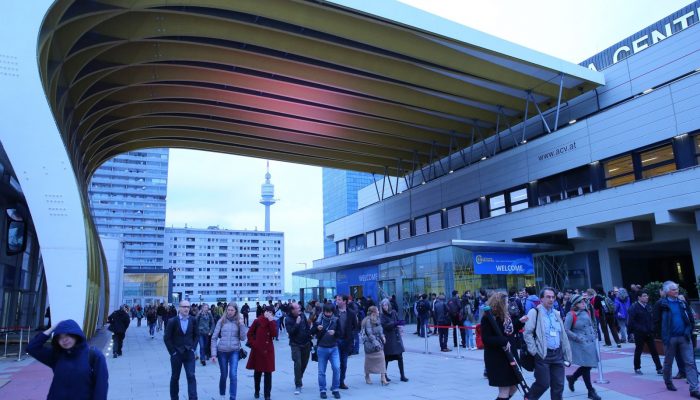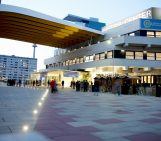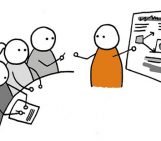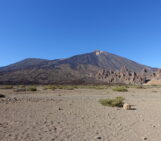
Wondering what to expect at the General Assembly this year? Here are some of the highlights:
Union Symposia (US)
For events which will have general appeal, regardless of your field of research, look no further than the Union Symposia. The very first session, organized in collaboration with the European and American space agencies (ESA and NASA) will highlight observation missions focused on Earth and other planetary bodies, as well as discuss the challenges of organising future missions in an international framework.
Following this session will be Union Symposia 1: Past achievements and future challenges for the Geosciences, co-sponsored by the American Geophysical Union. The Union Symposia on Wednesday will reflect on the fifty years of international ocean drilling. Thursday’s session will then feature reports on the Cassini mission and future perspectives for the exploration of the outer solar system.
And finally, Union Symposia 5 on Friday will cover Scientific research in a changing European Union: where we stand and what we aim for. Panelists will explore some of the challenges and potential threats to academics in the EU and how these issues can be addressed and overcome. The session will also outline some of the advantages of the EU, funding programmes that are currently provided and how the European Union can continue to develop and nurture its researchers.
Great Debates (GDB)
This year we’re holding four Great Debates! The topics covered this year are varied, from Natural versus anthropogenic threats for life on Earth to Low-risk geo-engineering: are techniques available now? The role of scientists in policy-making is another hot topic on the Great Debate agenda, with one debate dedicated to the subject on whether to be hands on or hands off in the political sphere. Continuing with the success of last year’s Early Career Scientist (ECS) Great Debate, the 2018 General Assembly invites participants to join a round-table discussion where everyone will be given the opportunity to discuss this year’s chosen topic: “Should early career scientists use time developing transferrable skills?” Whether you are in Vienna or elsewhere, be sure to follow and join in the debates using #EGU18GDB on twitter.
Educational & Outreach Symposia (EOS)
Educational and Outreach Symposia are sessions dedicated to all things education and outreach, and include the Geosciences Information for Teachers (GIFT) workshop, a long-running event for high school teachers that helps shorten the time between discovery and textbook.
Medal Lectures and Lectures organized by related scientific societies (ML, LRS)
There will be 3 lectures organized by related scientific societies as well as a grand total of 46 Medal Lectures this year!
Meet EGU (EGU)
Meet EGU does exactly what it says on the tin – these sessions are a great opportunity to get to know your division president and early career representative, put faces to names and find out what’s going on in the Union.
Townhall and Splinter Meetings (TSM)
Townhall Meetings allow participants to take part in a lot of open discussion. This year’s meetings cover a huge variety of topics, from a general discussion of the use of preprints and preprint servers like EarthArXiv, through to a talk on how geoscientists should address urbanisation. Like Townhall Meetings, Splinter Meetings are organised by participants, but they are typically smaller and can be either public or by invitation only.
The EGU General Assembly is taking place in Vienna, Austria from 8 to 13 April. Check out the full session programme on the General Assembly website.



